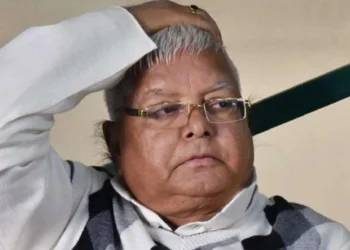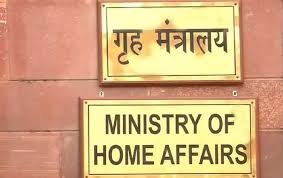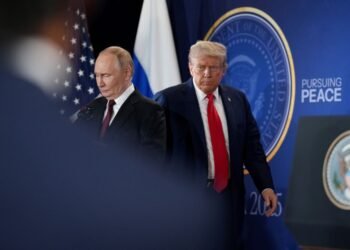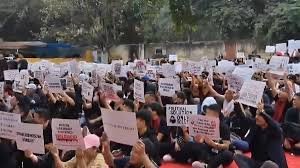Advocate Vishal Tiwari has filed a new petition in the Supreme Court, requesting the inclusion of key U.S. legal documents in an ongoing case against the Adani Group. The petition cites a U.S. court indictment and an SEC complaint, accusing the group of bribery and fraudulent fundraising to secure renewable energy contracts worth billions of dollars. These allegations add a new dimension to the investigation into one of India’s most prominent conglomerates.
By PC Bureau
The Supreme Court received a new application late Saturday night, seeking the inclusion of crucial documents tied to a U.S. indictment against the Adani Group in an ongoing case. Advocate Vishal Tiwari submitted the application, urging the court to consider evidence that could shed new light on allegations of corruption and fraud involving one of India’s most prominent conglomerates.
The first document is a formal indictment issued by a U.S. court, which charges Gautam Adani, his relative Sagar Adani, and other senior executives of the Adani Group with orchestrating a large-scale bribery scheme. According to the indictment, the alleged scheme aimed to secure lucrative solar energy contracts in India worth billions of dollars, with anticipated profits exceeding $2 billion. It is claimed that the Adani Group paid over $250 million in bribes to Indian government officials to facilitate these deals.
The second document is a complaint filed by the U.S. Securities and Exchange Commission (SEC). This complaint accuses the Adani Group of securities fraud, alleging that its executives misled investors and financial institutions by providing false and misleading information to raise funds for the solar projects. The SEC states that some of the capital raised was knowingly tied to corrupt practices, further exacerbating the allegations of wrongdoing.
The U.S. indictment highlights activities that allegedly took place between July 2021 and February 2022, during which the Adani Group and its associates are accused of promising bribes to Indian government officials. These bribes were allegedly intended to secure agreements with state-run electricity distribution companies, which then entered into power supply deals with the Solar Energy Corporation of India (SECI). According to the petition, these contracts were expected to generate substantial profits for the Adani Group over the next two decades.
Adding to the controversy, the indictment also accuses Adani executives of conspiring to defraud U.S. investors. The charges allege that they raised capital based on false statements and actively concealed the bribery activities. The scheme reportedly involved multiple individuals who obstructed investigations, falsified records, and misled financial institutions and investors. The charges brought against them include wire fraud, securities fraud, and violations of the Foreign Corrupt Practices Act (FCPA).
The timing of this application coincides with an ongoing investigation by the Securities and Exchange Board of India (SEBI) into allegations of stock manipulation and market irregularities involving the Adani Group. These allegations were first brought to light in the Hindenburg Report, published in January 2023. Tiwari’s petition emphasizes that the evidence provided in the U.S. legal documents could be pivotal in strengthening SEBI’s investigation into the Adani Group’s business practices.
This latest development marks a significant turn in the broader scrutiny faced by one of India’s most prominent conglomerates. If accepted by the Supreme Court, these documents could open new dimensions in the case, drawing international attention to the intersection of corporate governance, corruption, and accountability.













